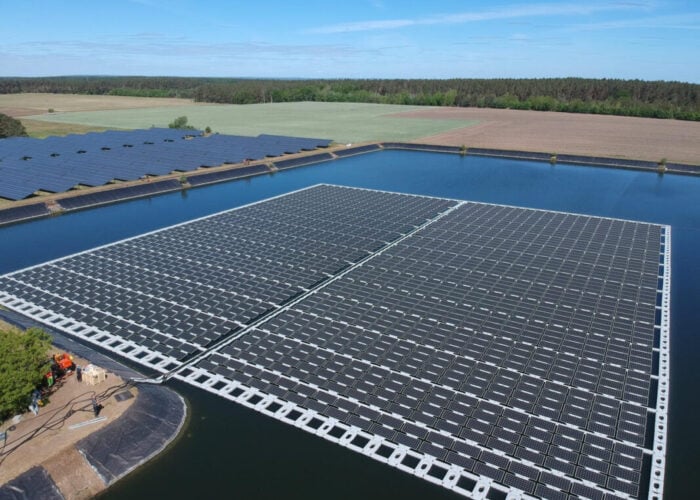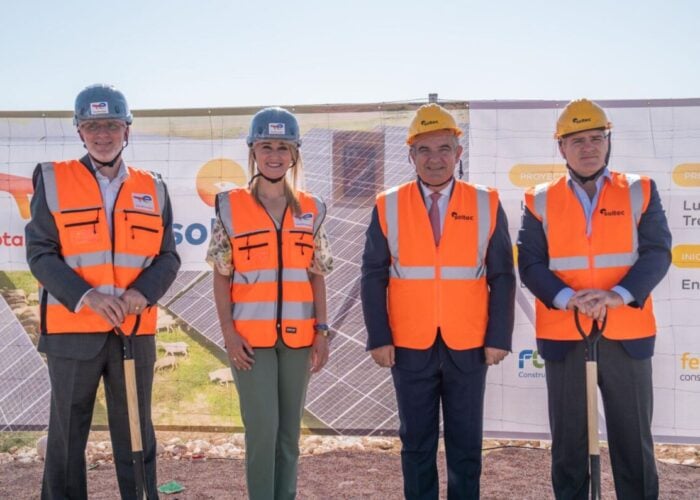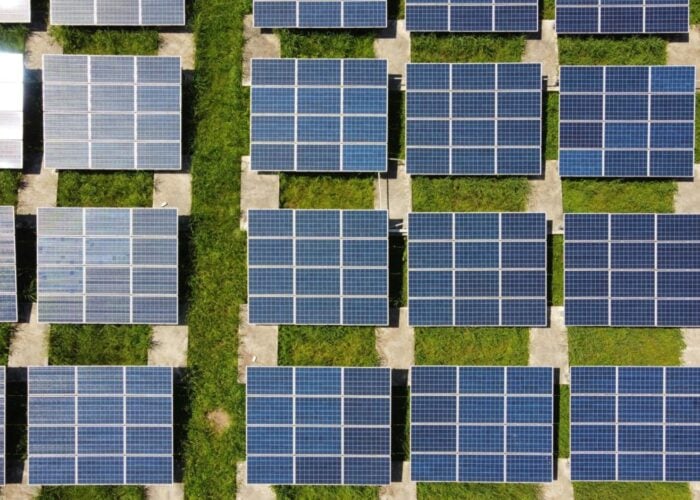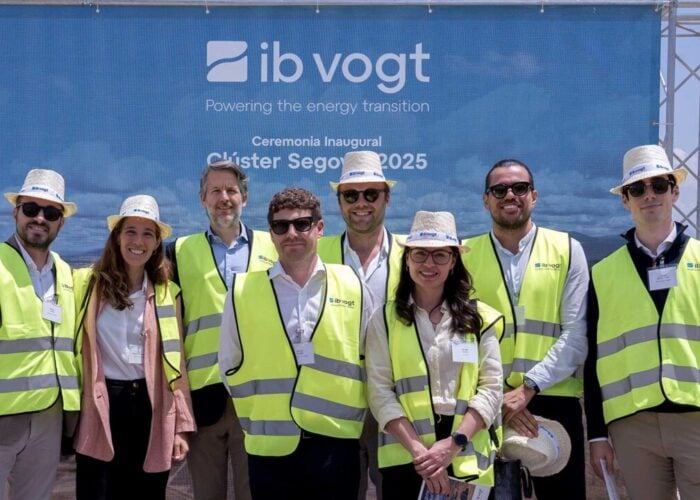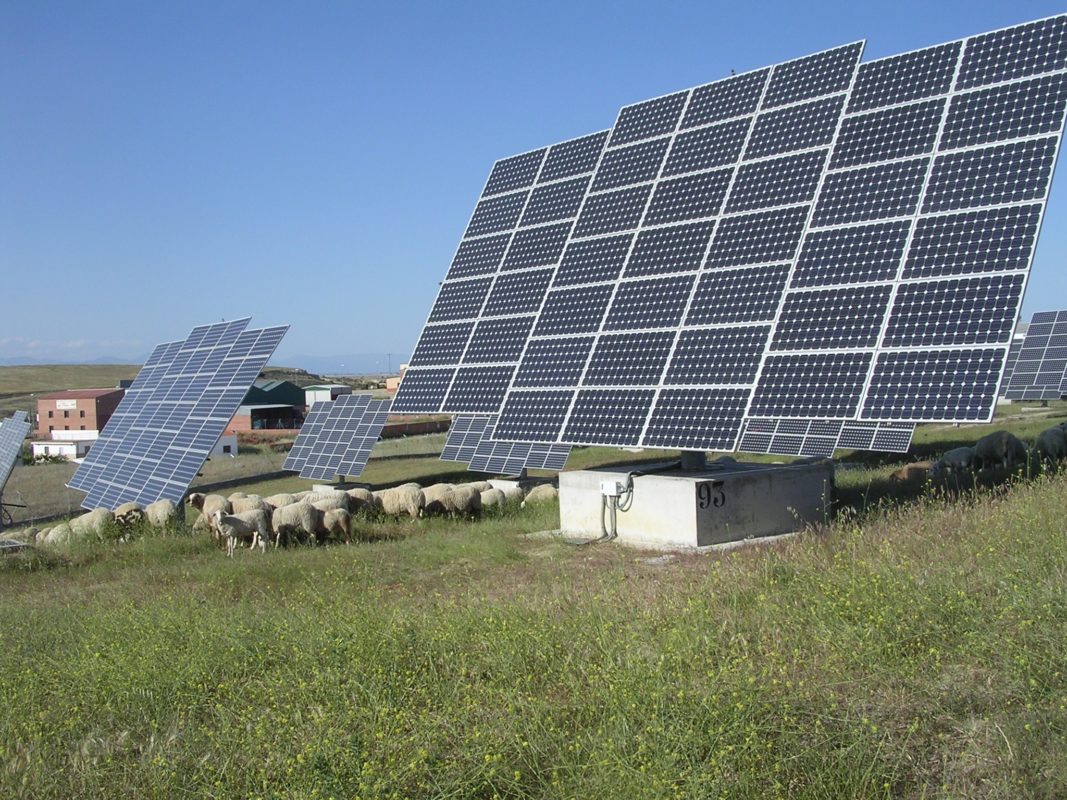
Spain’s solar industry has the potential to drive the country’s economic recovery after the sector posted a record amount of new installed capacity last year, according to the Spanish Photovoltaic Union (UNEF).
In the presentation of its 2019 annual report, published last week, the association revealed that Spain installed 4,201MW of ground-mounted PV plants in 2019 and 459MW of self-generated plants, both record figures.
Unlock unlimited access for 12 whole months of distinctive global analysis
Photovoltaics International is now included.
- Regular insight and analysis of the industry’s biggest developments
- In-depth interviews with the industry’s leading figures
- Unlimited digital access to the PV Tech Power journal catalogue
- Unlimited digital access to the Photovoltaics International journal catalogue
- Access to more than 1,000 technical papers
- Discounts on Solar Media’s portfolio of events, in-person and virtual
As a result, for the first time since 2008, the country was positioned as the leading PV market in Europe – ahead of Germany, which installed 3.9GW – and the sixth-highest worldwide.
In 2019, the PV sector directly contributed €3.22 billion (US$ 3.69 billion) to Spain’s GDP, representing 0.26% of the total and up from 0.22% the year before. The economic impact of the sector’s exports grew 54% to reach €3.54 billion (US$4.06 billion).
Meanwhile, employment related to the solar sector rose from 45,136 in 2018 to almost 58,700 last year.
Following last year’s “spectacular growth”, UNEF said Spain is now in an “ideal situation” to take advantage of the PV sector as an engine for economic recovery as well to mitigate the effects of job losses as a result coronavirus.
Meanwhile, thanks to a high degree of competitiveness in the price of energy obtained, Spain’s PV sector can offer the county’s industry an advantage compared to competitors, according to UNEF.
The association said that to further accelerate the development of plants on the ground, it is essential to promote the digitisation of the sector, providing companies with the best available 5G technology.
Publication of the UNEF report comes a month after Spain’s cabinet signed into law a range of measures designed to remove barriers to the large-scale deployment of renewables. The move positions the country to decarbonise its energy system entirely by 2050 through “massive” deployment of clean energy.
The new laws are divided into four key blocks: regulation of access and connection, including a new auction mechanism to provide renewables with a predictable and stable route to market; new business models covering areas such as storage and hybrid projects; the promotion of energy efficiency; and a series of measures to boost economic activity and employment in the wake of the COVID-19 crisis.

